

[Editor's note: Got the game already? Check out our plasmid strategy guide with expert tips and explosive video for BioShock's every power. Or, if you're not allergic to major spoilers, read our Secrets Revealed feature.]
How do you review a game like BioShock? When describing an experience so overwhelmingly original and so mind-blowingly brilliant, where exactly do you begin? When every single aspect of a game has been as creatively conceived, meticulously crafted and lovingly produced as it has been here, how do you possibly condense your thoughts into just a few hundred words?
We suppose the best place to start is where you will start - in an airplane, as it plummets toward the frigid black ocean surrounding a lonely lighthouse. The sequence is harrowing, but ironically, may be the last normal thing that happens to you in BioShock. For the next 20-25 hours, you will be submerged in a haunted underwater world, a formerly utopian metropolis named Rapture in which every ideal has been twisted and every dream destroyed.
Citizens who came to this city seeking freedom now wander its streets as monsters, the mutated products of unrestricted science. Businessmen who came seeking opportunity turned to war instead, ruining the fragile infrastructure. The population's most innocent - little girls - are forced to commit the most unthinkable acts. And Rapture's founder, Andrew Ryan, would rather see his creation crumble than see it saved.
BioShock's story is the best we've witnessed on the Xbox 360 to date. The concept, characters and pacing are all leagues above the current competition; the genuinely shocking twists are worthy of a feature film. Unlike a movie, however, the experience here is always a personal one - a quest of discovery, a search for identity. Most remarkably, while the answers you desire do exist, the game does not give them away easily. You can play through once, neglecting a particular audio tape or scratched message on the wall, and miss an entire layer of the plot. The more time you give to BioShock, the more it rewards you.
The same holds true for gameplay, which runs even deeper than the narrative. BioShock is technically a shooter, but that classification does not do justice to the diverse hybrid of combat, strategy, role playing and puzzle solving. Enemies can be defeated in an almost infinite number of ways, from the violently straightforward to the defensively strategic. The choice is always yours.
If you like the fast and frenetic style of Doom, for example, you can rush through this game shooting everything without a second thought. Only in addition to traditional weapons like pistols, grenades, arrows, flamethrowers and rockets, you'll also be equipped with the plasmid powers you've spliced into your genetic makeup. Massacring monsters with a blast of fire, ice, wind, electricity or - why not? - angry bees is a hell of a lot more interesting than filling them with bullets. Watching that stuff erupt from the flesh of your character's arm is pretty gnarly fun, too.
But BioShock encourages thinking above all else, providing you with plenty of tools to fight smarter. You can combine plasmids for creative attacks. You can set traps using proximity mines and trip wires. You can purchase special incinerating or electrifying ammunition for your guns. You can hack and rewire a security bot to join your side. You can conjure a decoy to distract enemies. You can enrage enemies to rip each other's throats out instead of yours. You can even hypnotize the game's iconic baddie, the Big Daddy, to protect you instead of the Little Sisters. The list goes on and on...
And yet somehow, there's more, as the game also includes some relatively robust RPG-style character development. Special skills (everything from tougher armor to quieter footsteps) and upgraded plasmids can be purchased with Adam, the genetic substance stolen from murdered Little Sisters. Your decisions, therefore, affect not only your ability progression, but your morality as well... and which ending you see.
Do we even need to talk about the game's graphics? You've no doubt been drooling over the screenshots and videos for months now. Yes, in addition to having a fantastic story and top-notch gameplay, BioShock is blessed with eye-achingly gorgeous visuals.
Much more impressive is what those graphics are used to create. Rapture is a masterpiece of design, a living and breathing game world that immerses you completely. Water pours from leaking ceilings. Schools of fish swim by the windows. Giant sequoia trees grow on the bottom of the ocean in sealed air tubes. A shimmering undersea volcano provides heat and light. The concept of a submerged society is bizarre, but BioShock sells it. Nails it.
The last question, then: Is it scary? Of course, but not necessarily in the way you're expecting it to be. Mutilated corpses line almost every hallway and screeching freaks occasionally jump out at you from the shadows, but heart-stopping, jump-out-of-your seat moments are actually few and far between. The permeating fear in BioShock is of a psychological variety.
Picture yourself entering an ordinary suburban living room, for instance, and discovering an entire family slumped dead around their flickering TV set. Some games would have the corpses pop up as soon as you got too close, but BioShock allows the quietly disturbing scene to speak for itself. The wife still rests her unmoving head on her deceased husband's shoulder. The children's legs dangle lifelessly, too short to reach the floor. Who are these people? How did they die? The answers your imagination provides are far more frightening than anything a lurching zombie could produce.
After gushing for three long pages about how wonderful BioShock is, it's only fair that we list the drawbacks. The absence of multiplayer will drive away some, though for us, it's hard to imagine this as anything other than a haunting solitary experience. The enemies - which consist only of Splicers and Big Daddies - can seem repetitive, though the ways in which you defeat them is continuously transforming. And the two endings we know of are downright disappointing when compared to the masterful storytelling of the rest of the game.
Really, though, the only glaring weakness we can find in BioShock is that it may be too unusual, too original, too artistic and too genius to be embraced by the general public. Please don't let this game become that forgotten, one-of-a-kind masterpiece. We need sequels. We need more. Go out and buy it already.

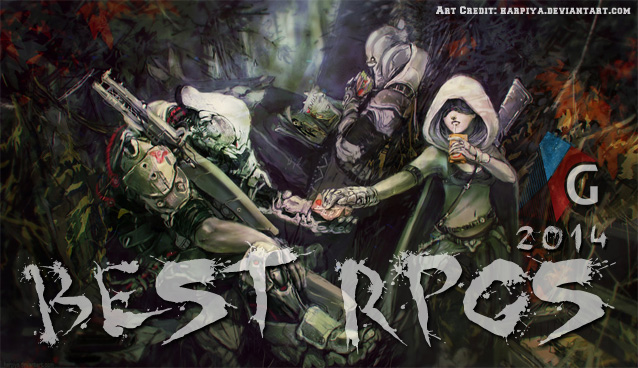
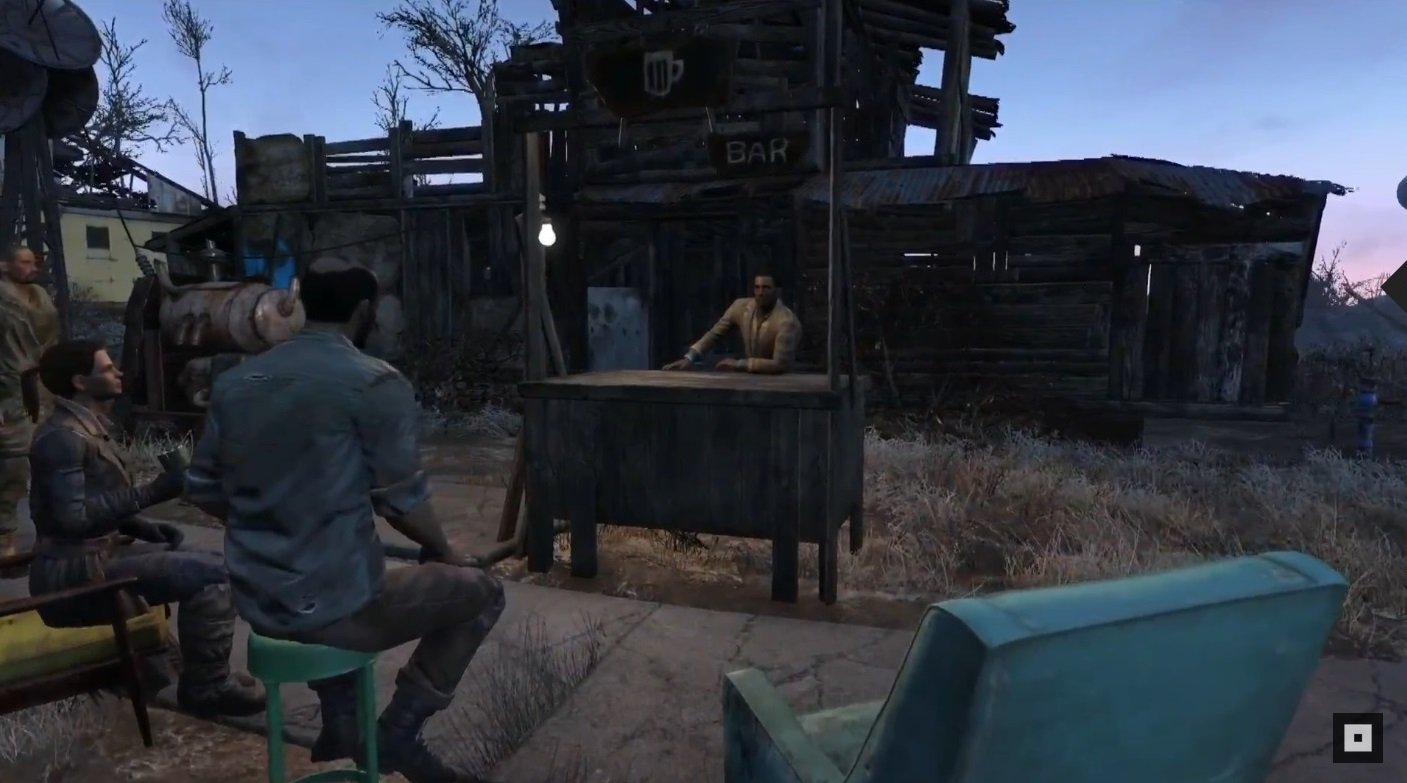
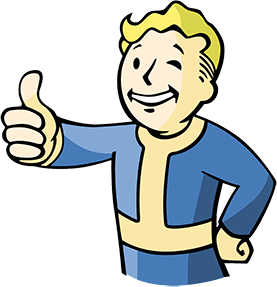
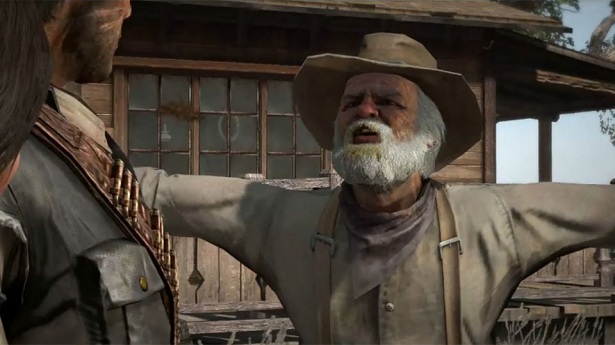 Red Dead Redemption Myths and Mavericks DLC Guide
Red Dead Redemption Myths and Mavericks DLC Guide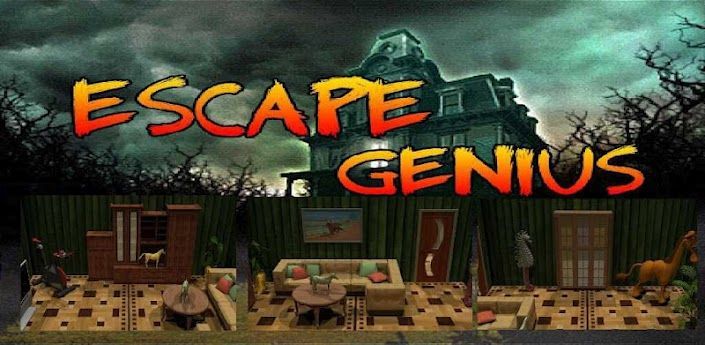 Escape Genius Walkthrough (Android)
Escape Genius Walkthrough (Android)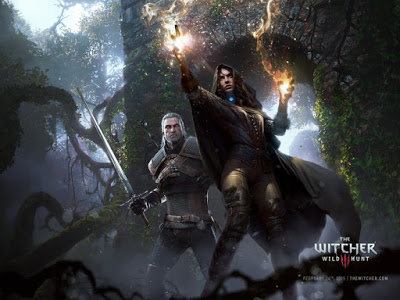 Witcher 3: All ends and important choices
Witcher 3: All ends and important choices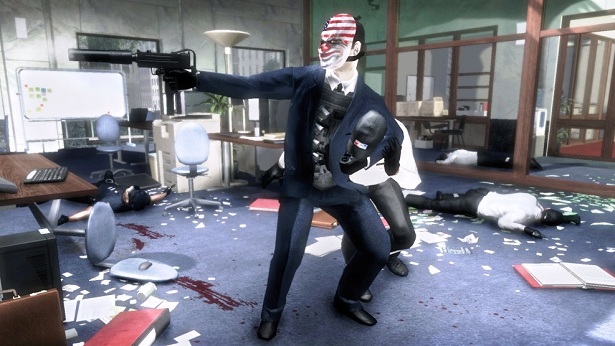 Payday: The Heist Walkthrough
Payday: The Heist Walkthrough The Witcher 3: Wild Hunt How to - Beginner's Combat Guide
The Witcher 3: Wild Hunt How to - Beginner's Combat Guide